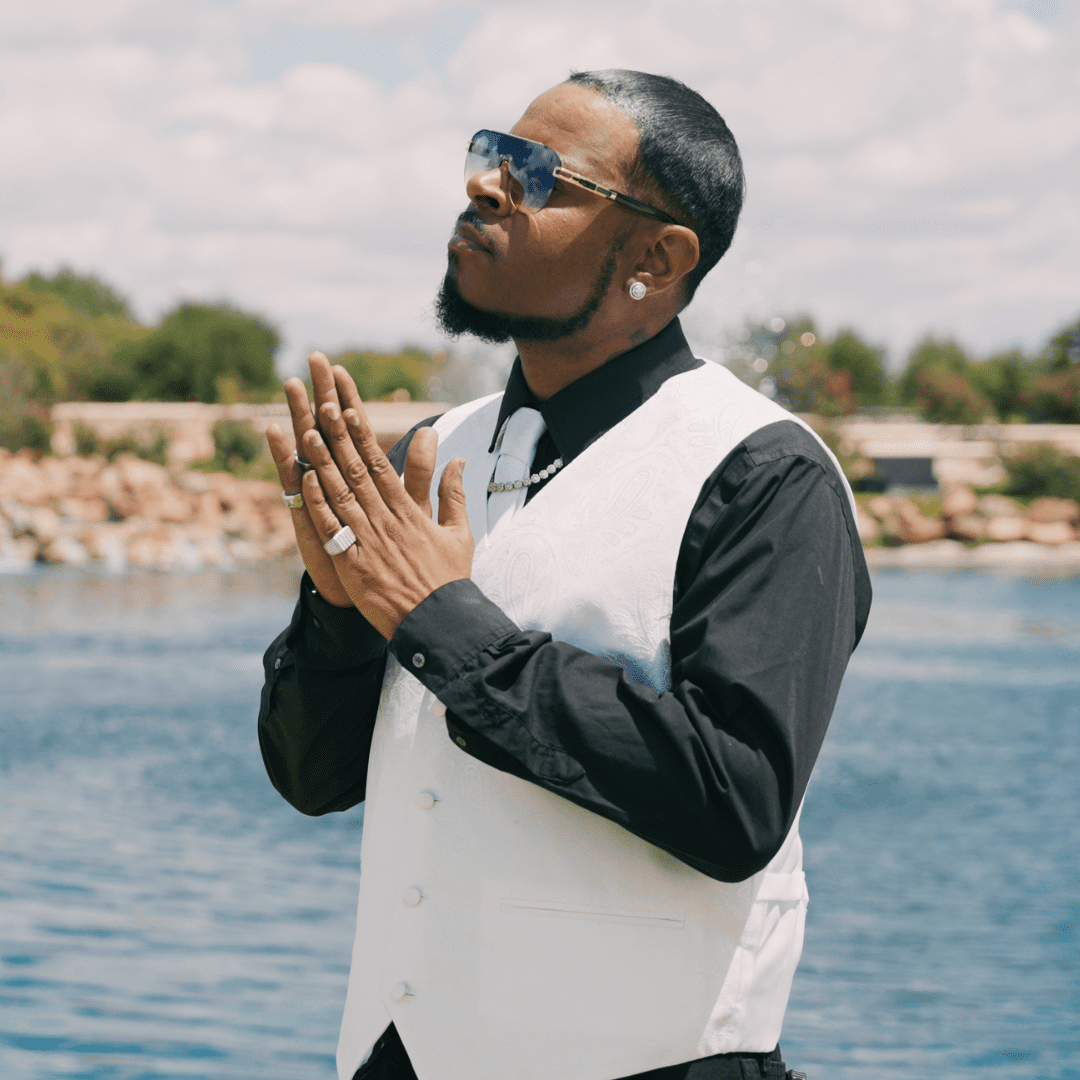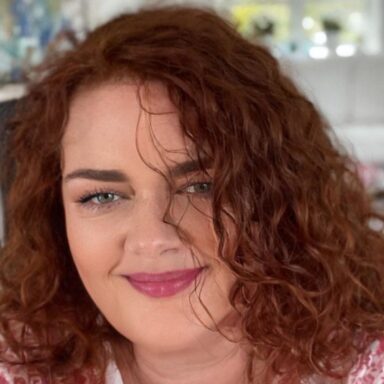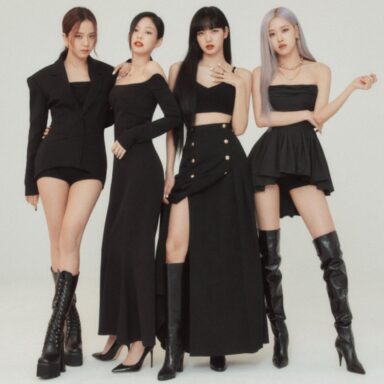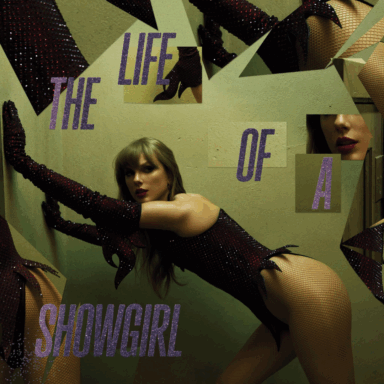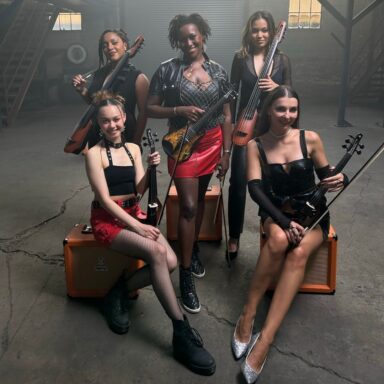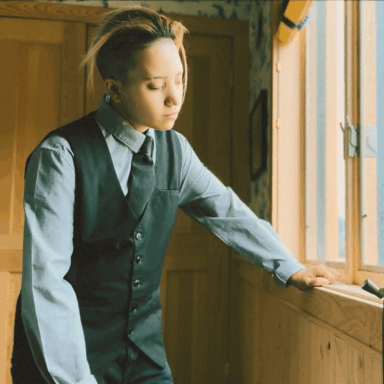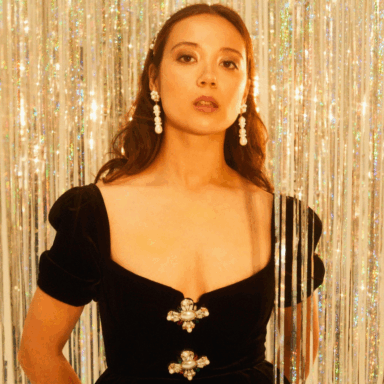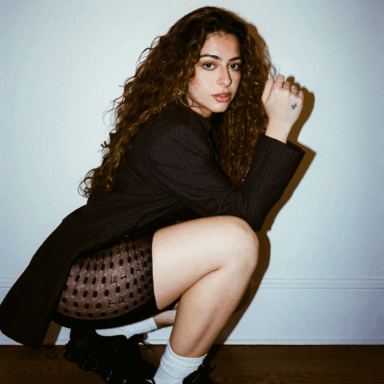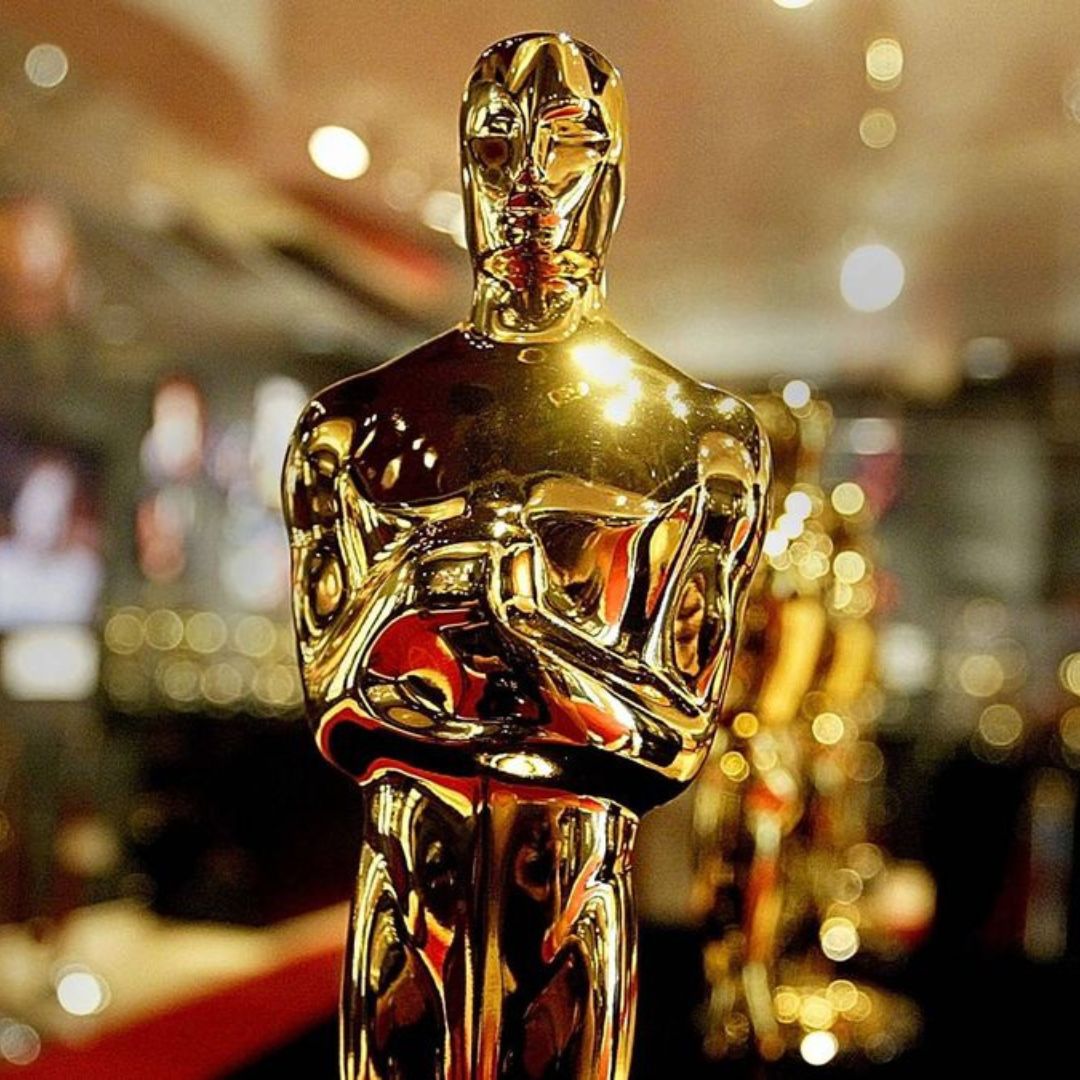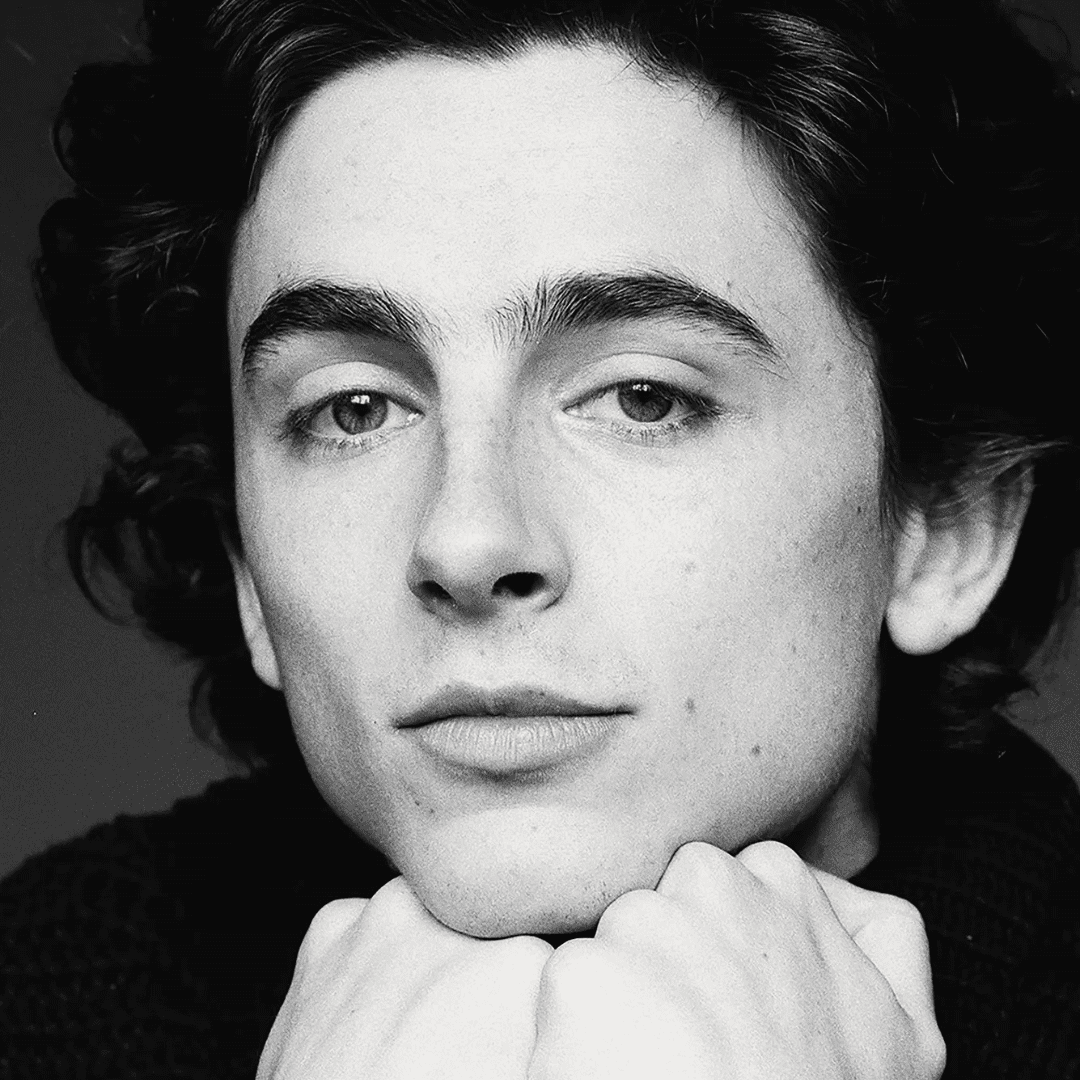In this deeply moving interview, Swanga Swang opens up about his emotional journey behind his latest single, “Dreaming,” a poignant reflection on loss and resilience. Following the tragic deaths of his mother, sister, and father within a short span, Swang channels his grief into a powerful tribute that blends soul, rap, and country influences. Through this song, he not only honors his loved ones but also delivers a universal message about the fragility of life and the importance of living with intention. In a candid conversation, Swanga Swang reveals the personal and spiritual layers that shaped “Dreaming” and shares his evolving approach to music as a means of healing, self-expression, and connection.
“Dreaming” feels like a powerful catharsis, almost as if you’re channeling your grief into something that can uplift others. Can you describe the moment when you realized this song needed to be made and what it felt like to transform such raw pain into a creative expression?
The first time I felt like I should recreate this song was when I was going through some instrumentals. When I heard this one particular beat, it matched the feeling of what I was going through—the pain, the heartache, the sadness. It had the sound that I needed to create this song. At first, it was very hard because I cried for like three days straight trying to write it. It was difficult, but the more I listened to it, God gave me the strength to finish writing it. I felt like it was something that had to be done.
It all felt like a dream—losing my mother on July 11th, 2022, my sister on April 4th, 2023, and my father a month later on May 24th, 2023. This is the reason I named the song “Dreaming,” and sometimes I still feel like I’m in a dream. It was definitely a challenge, but I had to honor them.
I feel like this song could be a great inspiration to people who have lost a loved one, reminding us to never forget our family and friends who have passed. One day, it will also be our time. I hope this song touches the hearts of people, and they can relate to my story.
With your experiences in both gospel and more secular genres, what role do you believe spirituality plays in your music today? Is there a specific spiritual or philosophical principle you tried to weave into “Dreaming” beyond its personal themes of loss and resilience?
My father was a pastor, and my mother was a singer who also played the organ. I learned a lot from church, and my parents used to play old-school records like Hank Williams, George Jones, and many more. I picked up different sounds and styles from that, and of course, the church is where the soul sound comes from.
I put my heart and soul into my music, so yes, I believe there’s a spiritual side to it. The goal is for people to feel my country’s soul church background—everything my parents taught me and everything I’ve learned growing up. Now, I can share all of that with the world through my music.
To be able to express yourself through music is a blessing and a gift from God. “Dreaming” is definitely one of my more emotional tracks, but it also has its spiritual side to it.
What was the process like for you in bringing the song “Dreaming” to life visually? Did you have a specific vision in mind for how the video should look?
The video for “Dreaming” was definitely a vision I had in mind. So, I reached out to my videographer, Dan2thel, shared the details with him, and we set a date to film. Everything was in one location, which helped things go smoothly. I always want the video to match the song so viewers can truly understand what “Dreaming” is about.
Your single “Cherry Wine” was a big local hit in the late ’90s, but it sounds quite different from “Dreaming.” In terms of your artistic evolution, what’s the most significant change in your approach to writing and producing that you would say makes you feel like a completely different artist now?
“Cherry Wine” was definitely a lot different from the music I make today. It was based on real R&B, and the ’90s was the best era for R&B music, so I think that played a huge part in creating “Cherry Wine.” Now, times have changed, and so has the music. My style has evolved with the times. Today, I mix country, soul, and hip-hop, which gives me a completely different sound. I’d say I’m more versatile now compared to back then. I can work across different genres and experiment with various sounds and ideas.
What would you say is the “unsung hero” of the song “Dreaming”? Is there a particular lyric, musical arrangement, or production choice that, while subtle, is deeply significant to the overall vibe of the track?
Yes, I would say there’s a message in the song about being kind, showing love, and getting our hearts right with God because we never know who will be the next to leave this world. That was an important part of the message in the song.
In a career that has spanned multiple phases, how do you keep your passion for music alive when the pressures of the industry or personal challenges weigh on you? Are there moments where you question your place in the music world, or is it a constant drive to create?
There have been many times when I’ve felt like giving up on music, but it always comes back to me. I have a deep passion for it, and ideas constantly come to mind, pulling me back in love with music. It also helps me cope with life—it’s like therapy for me. Music makes me feel good. Every time I create a new song, it feels like bringing a newborn into the world; only this one can last forever for the world to hear and discover.
You’ve collaborated with many underground artists throughout your career. Can you talk about a collaboration that had a lasting impact on you, either personally or professionally? What did you learn from that experience?
I think collaborations are cool and fun because you never really know what to expect from the other person. You just write it how you feel it. I love creating new music with an artist who shares the same passion for music as I do—that’s when the magic happens. Sometimes, it’s better to have more ideas and work together as a team.
If you had to describe your artistic identity in three words, what would they be and why?
All in one, because there’s no limit to what I can create. Whether it’s R&B, country, pop, or hip hop, I can find a lane—or create one. I have a big imagination.
Be sure to stream his new single on Spotify and dive into more of his unique blend of soul, rap, and country. For the latest updates on his music and journey, follow him on Instagram and Facebook. Don’t miss out on what’s next from this versatile artist—his story is just getting started.
